PERMA: The ingredients for resilience + wellbeing
What enables some people to bounce back from challenges while others crumble in a crisis? Well Martin Seligman, the father of Positive Psychology, studied resilience and wellbeing to answer this very question. In doing so, Seligman developed the PERMA Model, which contains five factors to help you build resilience and wellbeing - Positive emotions, Engagement, (positive) Relationships, Meaning, and Accomplishment. [1]Positive psychology shifts traditional ideas of psychology from working on fixing what is 'wrong', to focusing on what works, on strengths, on skills, and on enhancing the positives. Positive psychology has a lot to teach us about how to achieve and maintain long-term wellbeing.
Let’s look at each element of the PERMA model.
POSITIVE EMOTIONS
Positive emotions like happiness have an obvious connection to wellbeing. When we feel positive emotions we perform better, we respond more helpfully in our relationships, and we are more willing to hope for the best future, and to take risks to achieve that future.
How do we bring about positive emotions? The short answer is to do the things that make you happy. Fill your life with the things that make you smile – food, friends that build you up rather than drag you down, music, gardening, movies, exercise. Whatever it is that makes you feel good. Things like gratitude diaries are also great ways to train your mind towards the positive.
ENGAGEMENT
Have you ever had a time when you were enjoying what you were doing so much so that you were completely absorbed by it? So on a roll writing a report or assignment that an hour slipped by unnoticed? So enthralled with that Game of Thrones episode that you didn’t hear your partner calling your name? So blissed out during yoga that the past and the future just fell away and you felt completely in the present?
Psychologists call that experience “flow” - a state of being fully engaged with a task and, according to Seligman, engagement is one of the five crucial building blocks of wellbeing. We all achieve flow doing different things – sport for some, music for others, a hobby or a work project. Figure out what in your life gives you a sense of engagement.
(positive) RELATIONSHIPS
Humans are built to belong. We need connection, intimacy, and emotional and physical contact with others.
An integral part of overall wellbeing, therefore, is our relationships. We struggle with our wellbeing when our relationships are destructive, draining, one-sided, or we are just isolated. However if your relationships make you feel supported, included, understood and cared for, you have set yourself up for a lifetime of wellbeing.
Be conscious of building your relationships and you will be working not just on relationships but on overall life satisfaction.
MEANING
Seeing and working towards a meaning that is bigger and more important than just your own happiness is also important.
Having a purpose to your life brings satisfaction, even if working towards that purpose does not directly bring positive emotion, flow, or any of the other building blocks of wellbeing. This might be a religious faith, a political agenda, community work or perhaps charity work. Being with like-minded people working towards a common goal that you really believe in brings significance to your life.
ACCOMPLISHMENT
The final building block that allows humans to flourish is accomplishment, or a sense of mastery over something. Gaining mastery over something is important for its own sake, even if the accomplishment is not linked to any of the other building blocks of wellbeing.
Ever wonder why you keep doing Sudoku, even though it has no real world application? Why you are driven to get to the next level of Candy Crush Saga, or why you keep building that Lego construction even after your kid has drifted onto another activity? It’s important to know that we can do something well, that we can set a goal and reach it, and enjoy that feeling of success.
THE BOTTOM LINE?
People who adopt and live by these five concepts have been shown to do better at university, excel even after setbacks in sports, are less likely to experience depression or post traumatic stress, and even have a lower risk of premature death[2].
So stop and think. How can you apply the PERMA model to your own life? By being consistent in filling your life with positive emotions, engagement, good relationships, meaning and accomplishment you set yourself up to weather the storms in life more readily, and enjoy the blessings in life more fully.
If you’d like a tailored approach to building up your resilience and wellbeing reserves, why not contact us to make an appointment and get started?

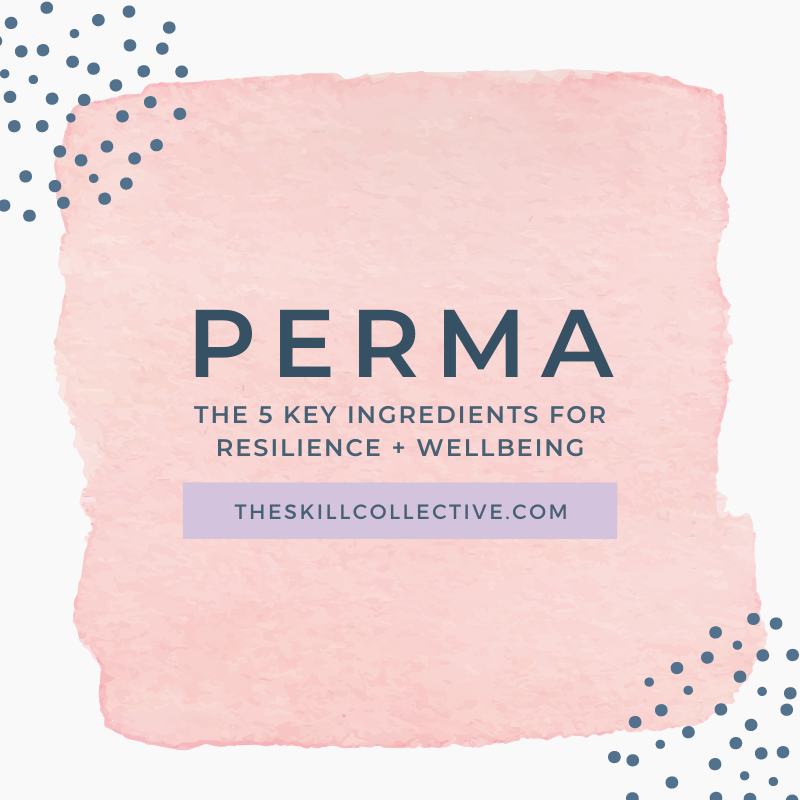
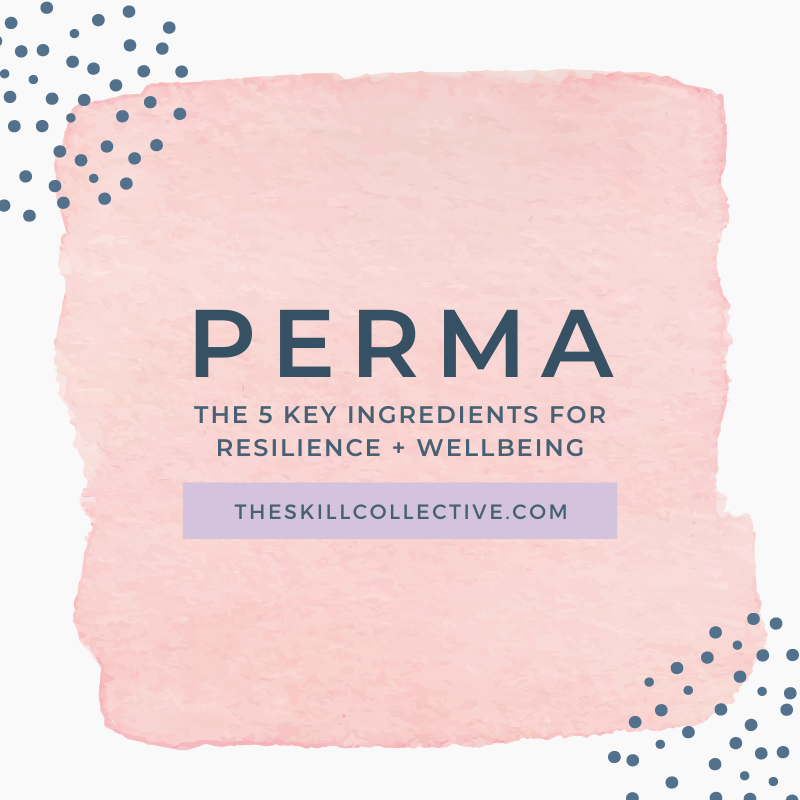
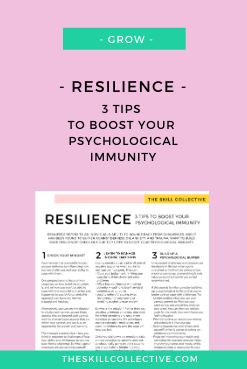

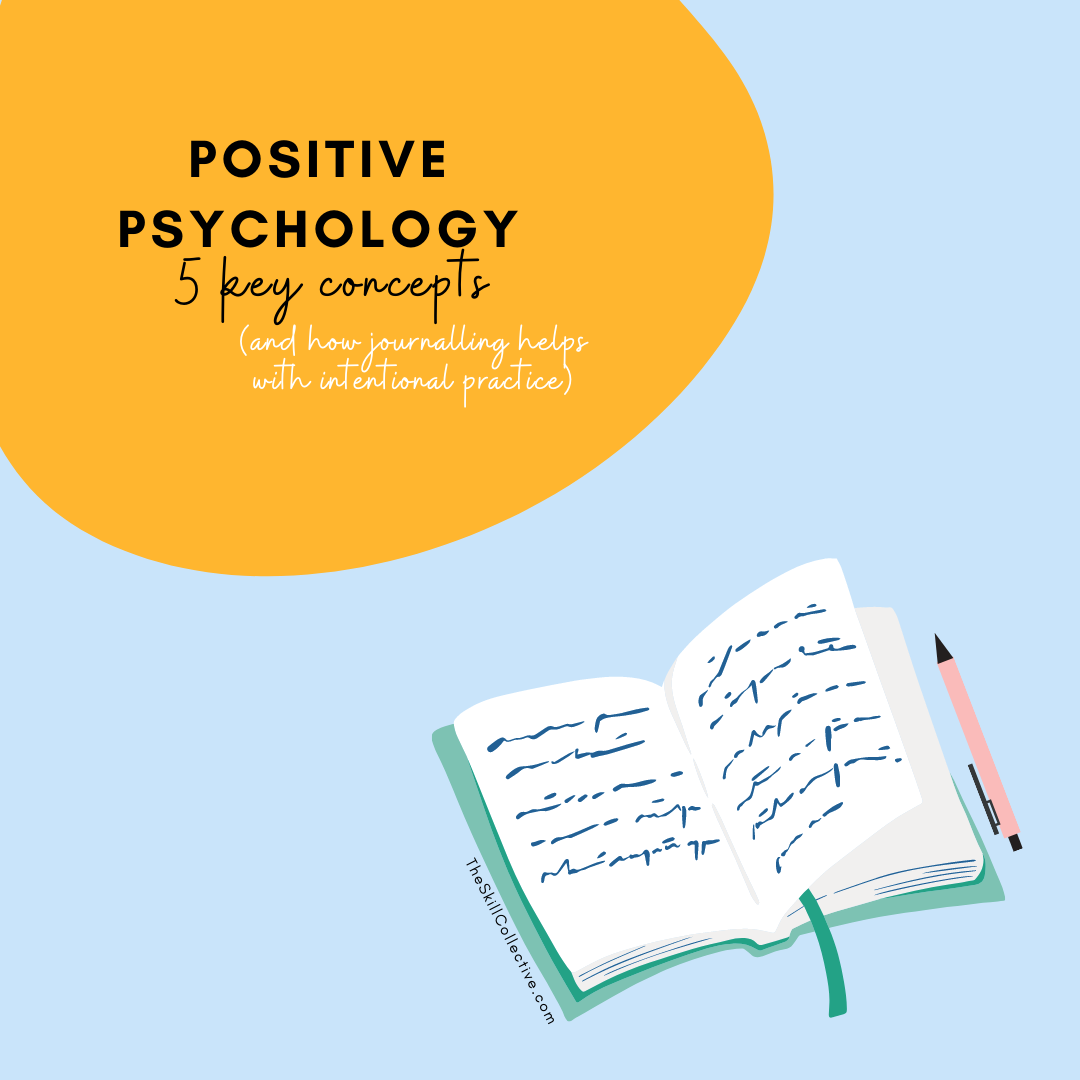


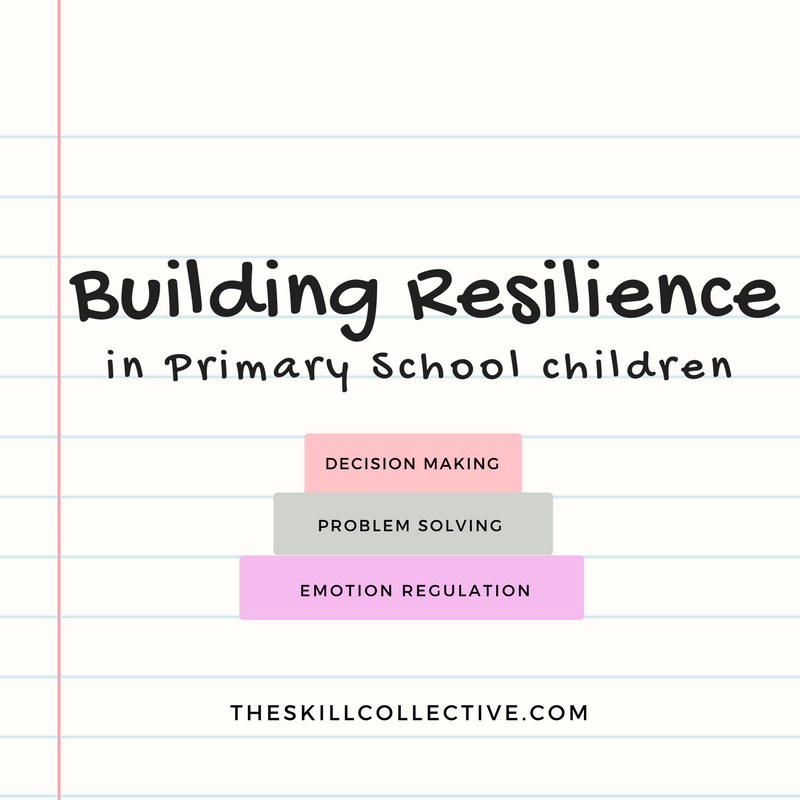

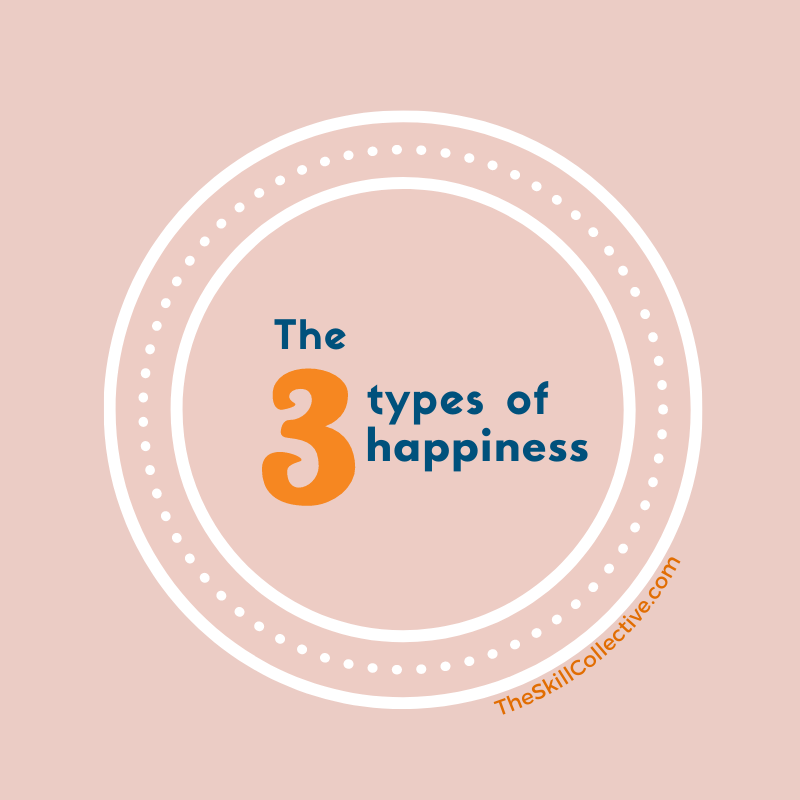
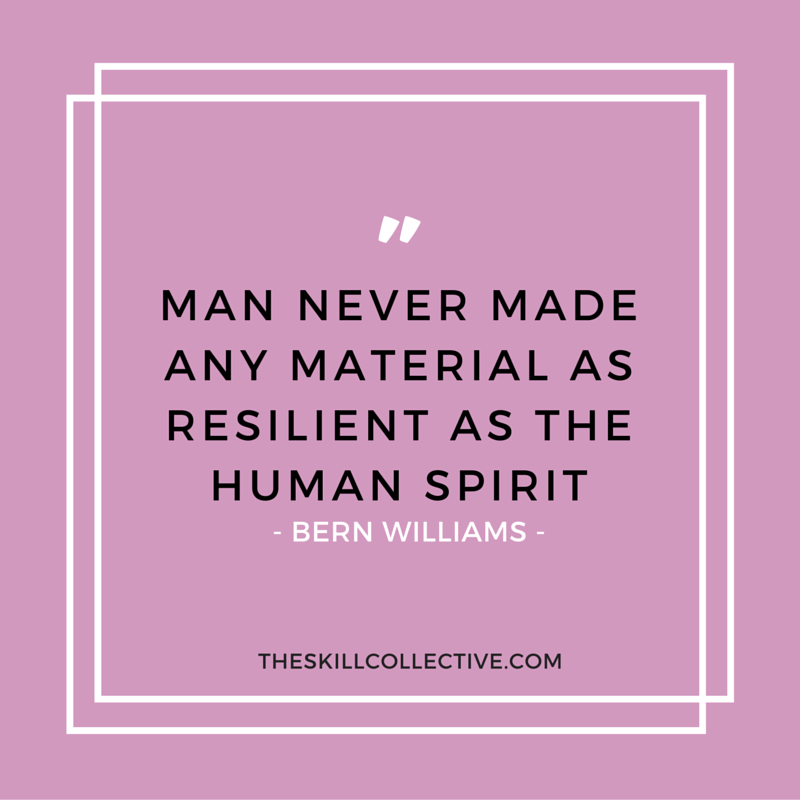
How can you counter the winter blues? Check out our tips on how to boost your wellbeing during the colder months.